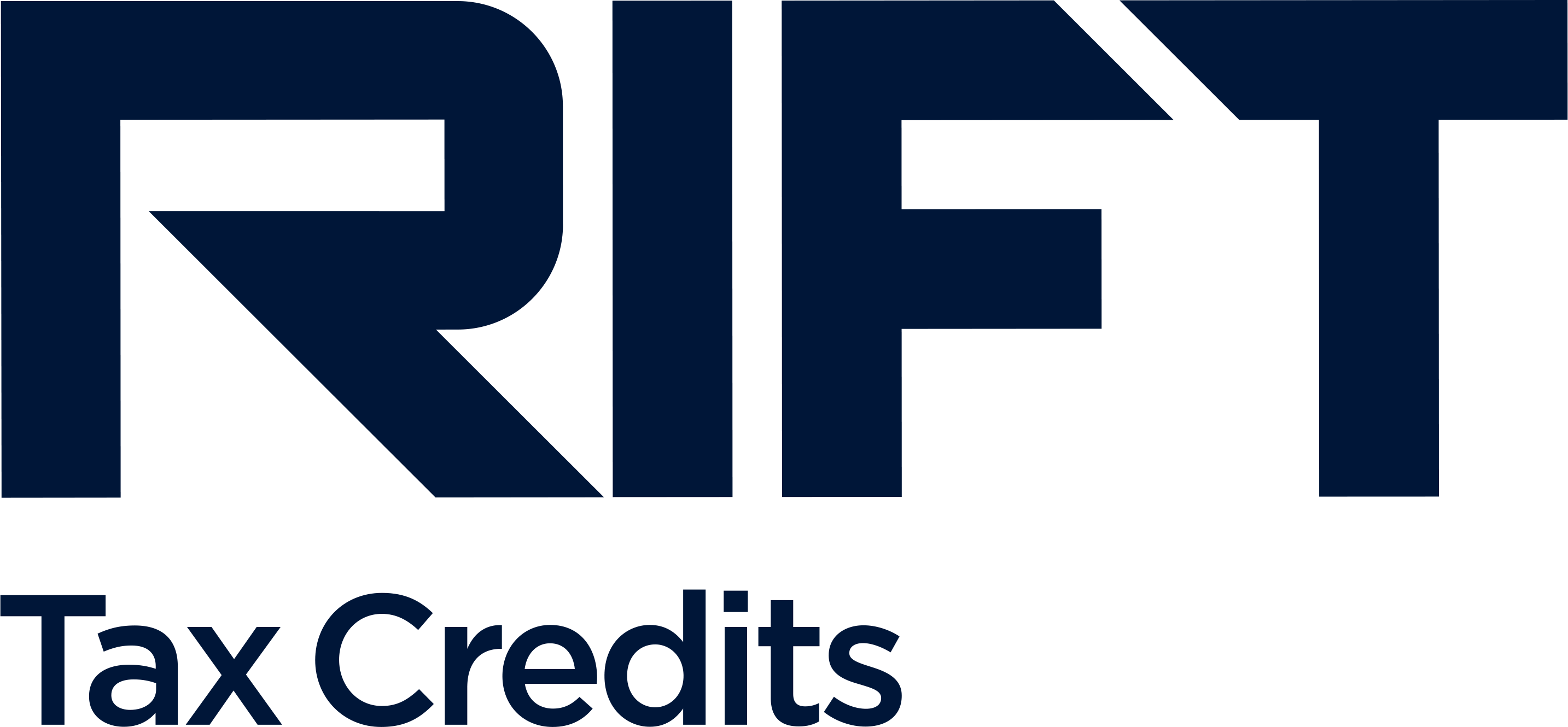The last 12 months have been some of the toughest on record for businesses, being hit from all sides with red tape and an unstable economy. RIFT has seen a lot of things since it was founded in 1999, but the determination and resilience that has been shown by our clients and partners has been truly inspiring.
It's this resilience that we want to continue to champion going forward into 2021, through the unequivocal benefits of the R&D Tax Relief scheme, to help businesses continue to stride further and reach higher than ever before, whatever challenges face them.
With everything going on in the world, supporting those around you has mattered more than ever and it’s no different for our businesses. Throughout the year there has been various avenues of support on offer for businesses of all sizes, to ease some of the financial strain which has arisen over the last 12 months. Since the CBILS and BBLs scheme launched in April 2020, a lot has changed on the business landscape, and rightly, the schemes have been modified to be more representative of the current needs for companies of all sizes across the UK.
Here are some of the key changes we’ve seen come into place:
Coronavirus Business Interruption Loan Scheme (CBILS)
CBILS provide UK SME’s with an annual turnover of up to £45 million, access to loan capital to be repaid over the next 10 years.
This support is considered notified state aid. As R&D Tax Credits are also a notified state aid, a company cannot claim R&D under the SME scheme for a project which has received CBILS funding. However, the project can still be claimed under the RDEC (Research and Development Expenditure Credit) scheme, which is less generous at a 13% return on qualifying spend identified.
The key points and changes which have come into place with the CBILS scheme, are as follows:
- It offers loans of up to £5million (although limits are in place depending on your company size) in the form of term loans, asset finance, overdrafts and invoice finance.
- Eligibility to the scheme has been opened-up further, to allow smaller businesses who would have met the requirements for a commercial facility, but previously would not have qualified for the CBILS scheme.
- Loans can now be repaid over 10 years, rather than six.
- The Scheme has been extended until 31st March 2021.
Bounce Back Loans (BBL)
Introduced to help struggling companies get back on their feet, the BBL scheme provides SMEs with up to £50,000 in government-backed loans. BBLs are also considered a notified state aid, but as the amounts are far smaller than the CBILS, they can in many cases be treated as "de minimis".
The key changes which have come into place with the BBLs scheme are as follows:
- The scheme has been extended for a third time to 31st March 2021.
- Businesses that originally borrowed less than the maximum amount available to them are now able to top up their original loan.
- Loans can now be repaid over 10 years, rather than six.
The government is calling these changes outlined above a ‘pay as you grow’ scheme for businesses, alleviating the immediate burden of paying back any money received through the scheme.
It’s worth highlighting that for both of these schemes, that R&D Tax Relief (SME scheme) is a notified state aid and does not count as de minimis. Therefore, in most cases, should be included when asked to aggregate a rolling 3 year de minimis calculation.
With the pandemic looking set to disrupt the economy for some time to come, we are anticipating that more support mechanisms will be put in place and amended throughout the year. We will of course endeavour to keep on top of how these may impact R&D claims going forward. Should you have any queries around your claim, or how government funding may impact R&D, do please contact the team on 01233 653008 or at info@riftresearch.com.

